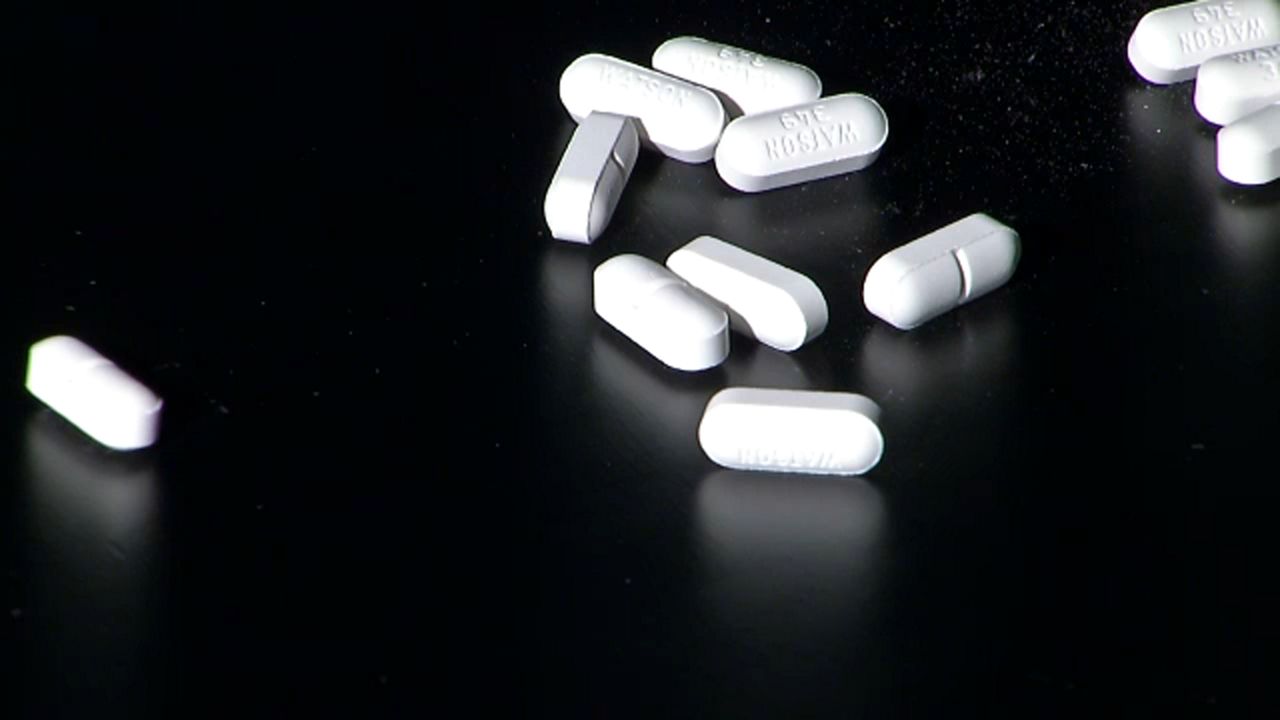MADISON, Wis. (AP) — The Wisconsin Legislature’s budget committee unanimously approved a spending plan Thursday for $31 million the state expects to receive this year from a multi-state settlement with drug manufacturers over their role in the opioid crisis.
What You Need To Know
- The Wisconsin Legislature’s budget committee unanimously approved a spending plan Thursday for $31 million the state expects to receive this year from a multi-state settlement with drug manufacturers over their role in the opioid crisis
- Republicans last month had blocked a spending plan proposed by Gov. Tony Evers, saying they wanted time to improve that plan
- The plan Republicans proposed and approved Thursday includes $3 million in funding for law enforcement agencies and removes Evers’ proposed funding for family support centers
- Wisconsin is slated to receive a total of $410 million from the settlement, spread out over the next 16 years
The Republican-controlled Joint Finance Committee prioritized funding for Narcan, a drug that can reverse the effects of an opioid overdose, fentanyl testing strips, new treatment facilities and prevention programs, grants for law enforcement, improving data collection and helping tribes fight the opioid crisis.
Republicans last month had blocked a spending plan proposed by Gov. Tony Evers, saying they wanted time to improve that plan.
In a news conference before Thursday’s meeting, Rep. Mark Born, co-chair of the committee, called Evers’ proposal a “half-baked plan” that intentionally left out law enforcement and didn’t collaborate with key groups in the state.
The plan Republicans proposed and approved Thursday includes $3 million in funding for law enforcement agencies and removes Evers’ proposed funding for family support centers. It also prioritizes grants for after-school prevention programs as opposed to in-school programs as Evers proposed.
Born said the plan overlaps with Evers’ by about 85%.
Democrats sharply criticized Republicans for holding up the process to create a new plan, especially one with few major changes.
“The fact that we sat on this money and didn’t get it out the door, to me, there’s no explanation for it whatsoever,” said Sen. Jon Erpenbach.
Erpenbach, who said his daughter struggles with opioid addiction, also objected to the removal of funding for family support centers.
The state Department of Health Services received its first $6 million payment from the multi-state settlement on July 29 and expects to receive the rest of the money by the end of the year.
Wisconsin is slated to receive a total of $410 million from the settlement, spread out over the next 16 years. The money comes from drug manufacturer Janssen Pharmaceuticals and three distributors.



